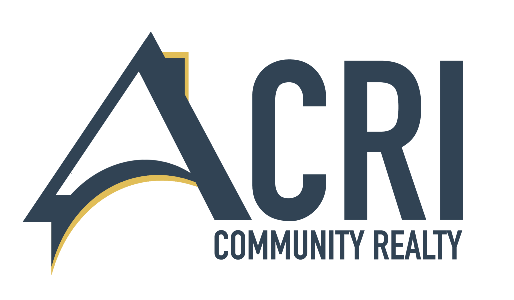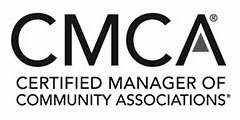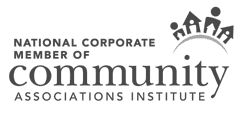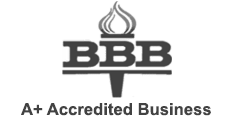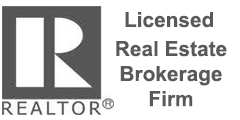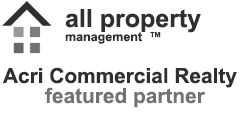Low-interest rates keep the real estate market hot, encouraging home buyers to get out and shop, reports Realtor.com. The Home Buying Institute projects that the housing market’s recovery will continue strong. With prices rising quickly in most U.S. cities, the supply side is low. This situation is a perfect opportunity for investors to capitalize on Rental Opportunity Properties.
But before you buy or invest in any properties, make sure you’ve done your homework on projecting your potential cash flow.
Why Cash Flow Is King
While the location is critical for homeowners considering properties, cash flow is an essential variable for rental property investors, more so than appreciation or any other factor. This is because cash flow has the most significant reliable impact on your return on investment.
As Zillow explains, experienced real estate investors buy only properties with positive cash flow, meaning that the amount you earn back on rent will offset the amount you pay on mortgages and other operating expenses, such as maintenance and vacancies property management and utilities. Knowing these numbers will let you know how much you can expect to earn on your investment.
Unfortunately, 95 percent of investors skip this analysis and make the mistake of buying properties, often at inflated values, hoping that the property value will rise so they will recover their investment upon resale. This optimistic outcome rarely happens, and investors who buy properties with negative cash flow in the hopes of eventual appreciation risk losing money. You can gain an advantage over most investors by doing your due diligence on researching cash flow before you buy.
Successfully Managing Positive Cash-flow Properties
How do you find, acquire and manage properties with positive cash flow? Real estate investor John Jamieson says to look in areas with good income levels where most properties are owner-occupied. After locating suitable properties, determine your cash flow projection by calculating the difference between your projected rent income and your estimated mortgage and operating expenses. Jamieson recommends using minimal or no borrowed funds to acquire properties rather than over-leveraging your investment and to put yourself at the mercy of the next market downturn.
To manage your properties effectively and get a good return on investment:
- Keep your properties in good repair to attract the best tenants.
- Do complete background checks on prospective tenants, do personal interviews, consider credit history and previous rental history, employment history, and criminal background checks.
- Offer small discounts for on-time payments and enforce penalties for late payments to encourage timely rent collection.
Calculating Cash Flow
To calculate cash flow for a rental unit, you should factor in a number of variables. On the income side, add up your monthly rental income from all units in the property. On the expense side, include both mortgage and operating expenses. Mortgage expenses include monthly principal and interest and annual taxes and insurance. Operating expenses include maintenance, vacancy, and property management factors, typically expressed as a percentage, along with monthly homeowners association fees, utility bills, and service fees such as trash removal, lawn care, and snow removal.
To learn more, check out Moody’s Analytics seminars on effective commercial real estate analysis covering topics such as how lease terms affect cash flow.
